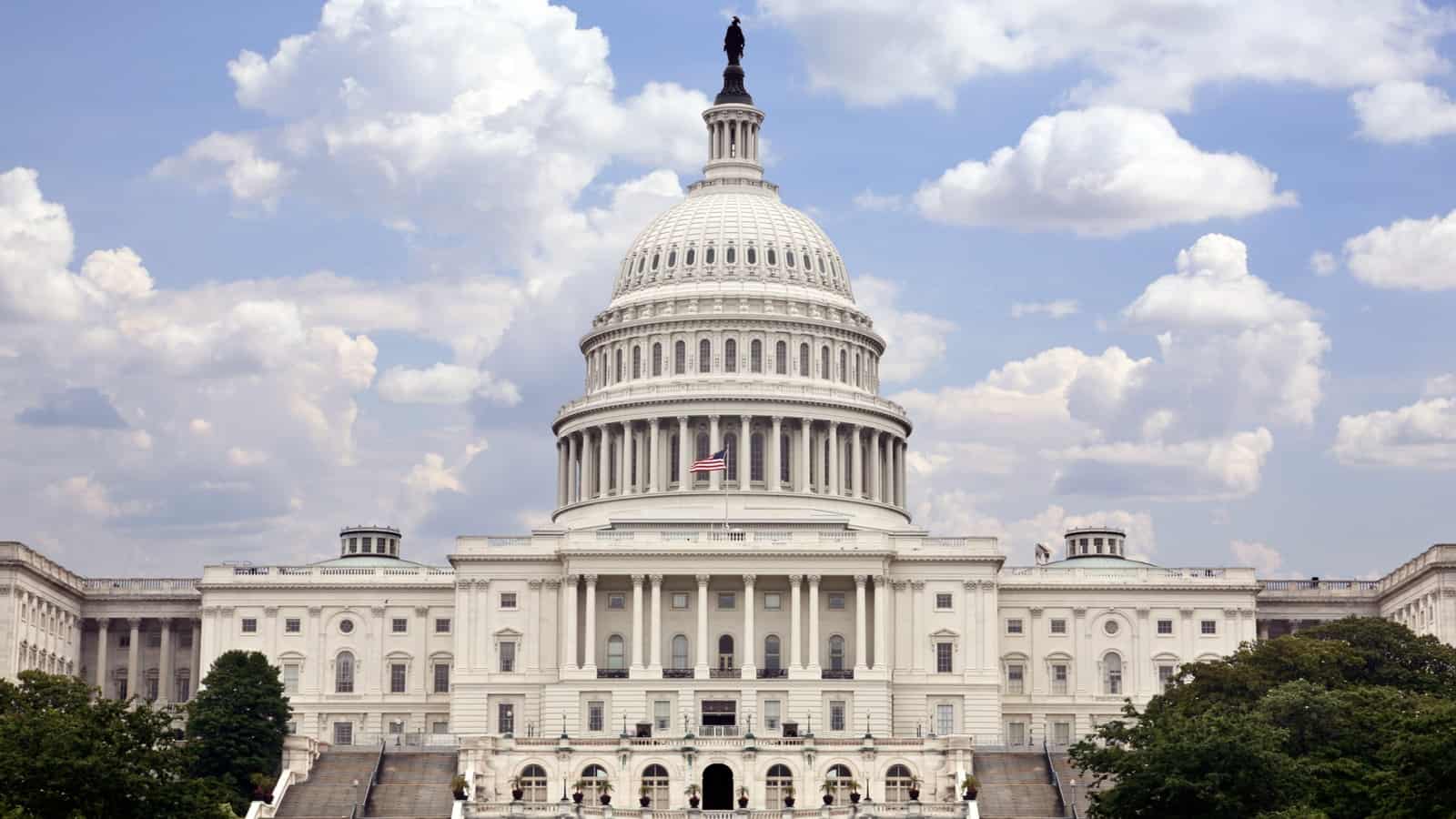The NAM Looks Ahead

As Congress reconvenes this fall, the NAM will continue to make sure manufacturers’ priorities are front and center, driving the legislative conversation and shaping America’s future. We spoke with the NAM’s policy leaders to get a sense of the agenda going forward and discussed two bills in particular that are on manufacturers’ radar.
Bipartisan infrastructure reform: The $1.2 trillion investment would fund roads and bridges, as well as upgrades of the electric power grid and energy infrastructure, passenger and freight rail, public transit, airports, water systems, broadband and other critical priorities. Many of the bill’s investments were also initially highlighted in the NAM’s Building to Win framework—the NAM’s plan to invest in America’s infrastructure. The NAM will continue to work with Congress and President Biden to help move this bill across the finish line and ensure we can build the world-class infrastructure manufacturers deserve.
- “It’s critical that this moves forward,” said NAM Senior Vice President of Policy and Government Relations Aric Newhouse. “The bipartisan infrastructure reform bill would create transformative change—and every day that passes without it is a lost opportunity for manufacturers.”
- “We are using our influence to call on Congress to finalize this bill and move it to the president’s desk,” added NAM Vice President of Infrastructure, Innovation and Human Resources Policy Robyn Boerstling. “We also intend to stay engaged after it’s signed into law. This is a significant federal investment, with a lot of new programs and opportunities—and the NAM will be here to help steer our members through the implementation process.”
Reconciliation: Democrats are considering a multitrillion-dollar reconciliation bill that would supplement the bipartisan infrastructure reform bill with additional priorities in areas like health care, climate change and labor rules. As this bill moves ahead, the NAM is focused on preventing changes in corporate taxes, individual taxes, estate taxes and international tax policy that could harm manufacturers; blocking policies that could damage the employer–employee relationship; and standing up against efforts to stifle innovation in the pharmaceutical sector.
- Taxes: The bill proposes more than $2 trillion in tax increases that could hit every segment of the manufacturing economy. Proposed changes could affect big corporations through corporate taxes; globally engaged firms through changes to the Global Intangible Low-Taxed Income (GILTI) provision, the Base Erosion and Anti-Abuse Tax (BEAT) and a more limited incentive to locate intellectual property in the U.S.; family-owned businesses through estate tax reforms and increases to the capital gains rate; and small and medium manufacturers through changes to the tax system for pass-through entities. The bill would also make it harder to finance new equipment purchases through new limitations on the deductibility of interest on business loans.
- “These changes would affect every manufacturer, increasing the burden on corporations and pass-through entities,” said NAM Vice President of Tax and Domestic Economic Policy Chris Netram. “And we intend to stand up for our members, so that big and small manufacturers alike can compete, invest and grow here in the United States and around the world.”
- Pharmaceutical innovation: The reconciliation bill also contains provisions that would introduce price controls on certain medicines and harm the capacity to innovate by making it more difficult for pharmaceutical companies to invest in research and development, potentially hampering the creation of new medications and treatments. The NAM is fighting against these provisions to ensure that pharmaceutical companies are able to robustly invest in lifesaving cures.
- “Congress must take the long view on innovation,” said Newhouse. “If we take steps that harm pharmaceutical companies’ ability to innovate today, fewer lifesaving drugs will be available in the future. We think that’s a mistake.”
- Labor: In addition, the reconciliation bill in its current form seeks to impose some of the provisions of the Protecting the Right to Organize Act, or PRO Act. The bill, which previously passed the House in 2020, has the potential to reshape the relationship between employers and employees. The NAM will work to ensure these changes are not included.
- “The PRO Act is so broad and so sweeping in terms of its changes to the employee–employer environment that it comes at the expense of the manufacturing sector,” said Boerstling.
- “We’re going to do everything we can to keep this out of reconciliation because we believe the existing employee–employer relationship is working,” said Newhouse. “Now is not the time to blow it up with antiquated approaches to labor policy.”
The bottom line: This fall promises to be a busy time for policymakers in Washington, and the NAM intends to keep them focused on the needs and priorities of manufacturers across the country.
